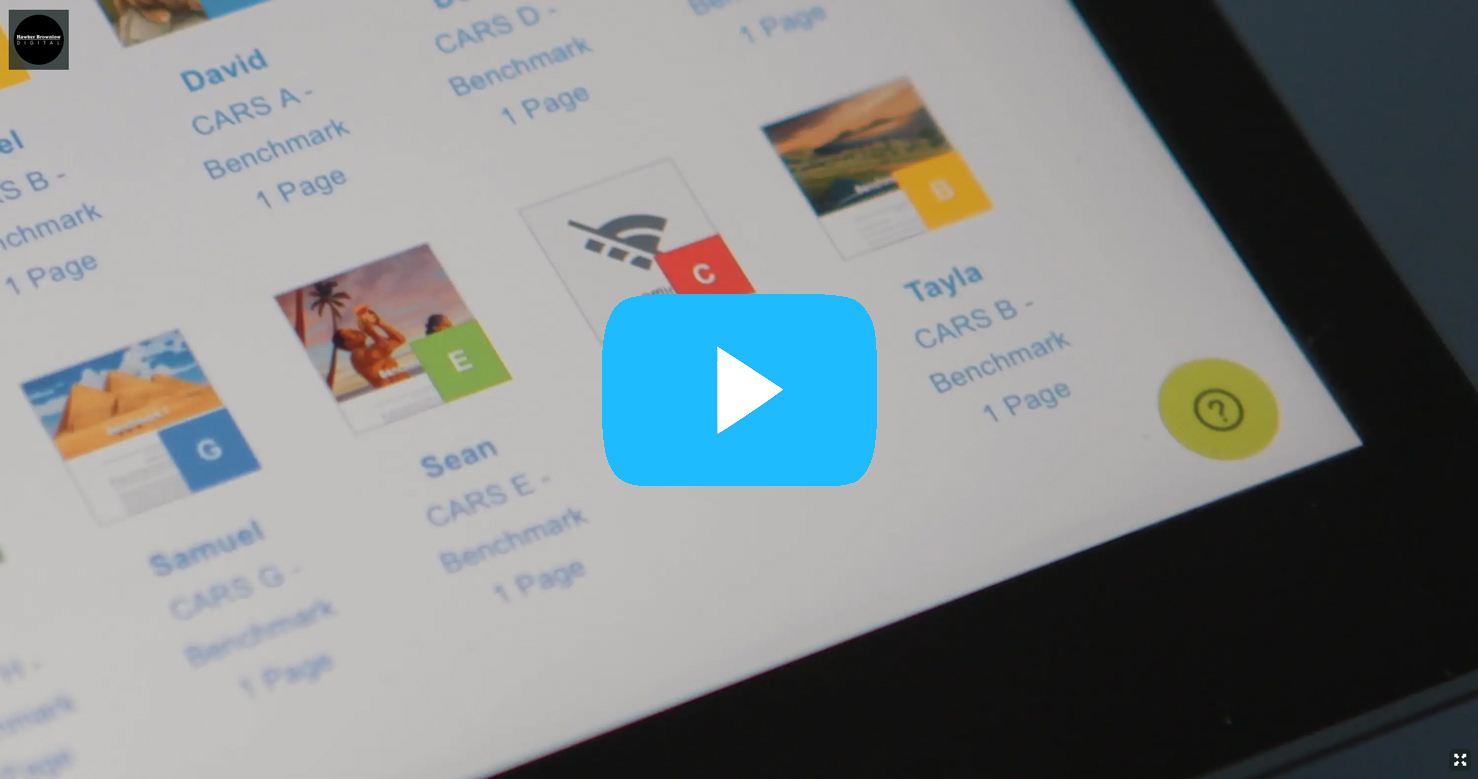Reading comprehension has been defined as one of the five central components of reading, along with Phonics, Phonemic Awareness, Vocabulary and Fluency.
You can see why the other four are important. Phonics is the connection of different sounds with different letters, and instrumental in forming words and sentences. Phonics is really the nuts and bolts of the reading process, reading at its most basic level. Phonics allows students to connect symbols on a page to actual language that can be expressed. Even if a child has no understanding of what a word means, they will still be able to phonetically sound it out with a grasp of phonics.
Phonemic awareness is an understanding of how individual phonemes (consonant or vowel sounds) make up words. In the English language every letter corresponds to an individual phoneme. This means that students need an awareness of phonemes before they can make sense of words on a page.
Vocabulary concerns the words a student is able to understand and use correctly, in context. Students’ vocabularies grow as they grow, and read and come across new words. A student with a larger vocabulary doesn’t just know a lot of words, they are better positioned to learn new ones because they can figure out what they mean based on context and similarity to words they already know.
Fluency is the ability to read with speed and accuracy, the skill that enables us to “follow” a text and keep up with what it is telling us. Students who are not fluent will read in a jerky, interrupted fashion that stops them really engaging with a text – and is often so difficult that it puts them off trying.
Reading comprehension is what allows students to draw meaning and information from a text. It’s also what can transform reading from just a functional activity into one that imparts thought and feeling. After all, it’s no fun to just repeat something when it means nothing to you.
For this reason, reading comprehension might just be the most important component of all. Without the first four components of reading, you couldn’t read. But without the ability to comprehend what one reads, what good is the ability to read? It’s the difference between a dry, meaningless activity and a world of possibility, information and entertainment.
If you are interested in learning more about the CARS & STARS Online subscriptions and how they can help children to achieve better results, then sign up for a free trial to be an integral part of your child’s reading success.
































